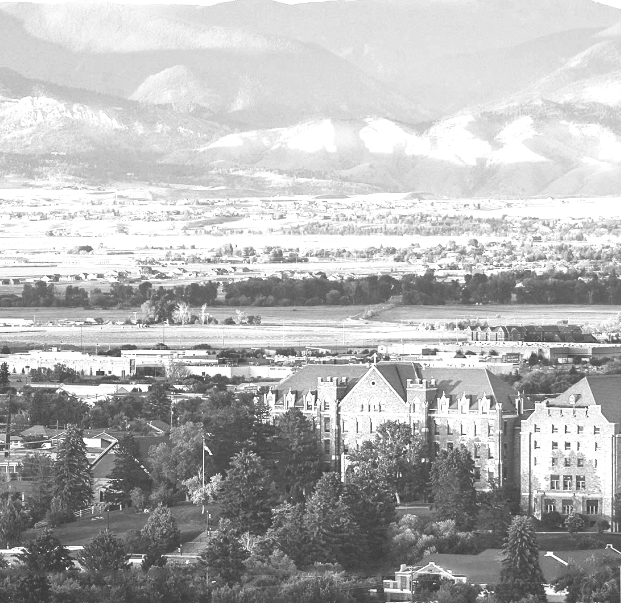Civil engineers promote and protect the health, safety, economic well being, and social stability of people in communities large and small around the world. They do this by designing, constructing, managing, operating, and maintaining civil infrastructure including systems to protect and manage our environment and resources. As a Civil Engineering major at Carroll, you’ll be prepared to ensure that all of these systems are safe, efficient, reliable, sustainable, and resilient, and that they protect and preserve the environment for future generations.
Engineering: Civil Engineering
Details
As an engineering graduate from Carroll, you’ll be in a position to help solve problems facing people and communities around the world, earn an excellent salary in a high-demand profession, and pursue an advanced degree in engineering or other disciplines.
- Undergraduate
- Major

About the Program
Our Civil Engineering degree focuses on the social value of engineering while mitigating environmental impact through sustainable engineering solutions. In addition to a rigorous technical curriculum, you will enjoy many opportunities while you are at Carroll to develop and practice your skills in the field to benefit people locally, nationally, and all over the world.
Civil Engineering Major Options
Carroll offers an ABET-accredited Bachelor of Science degree program in Civil Engineering. The general Broadfield Civil Engineering degree provides students with a broad base of knowledge and skills in water resources, environmental protection, structures, and transportation.
The four major areas of study with the Civil Engineering major are: structures, environmental, water resources, and transportation.
Check out the 4-year course plans for Civil Engineering.
Carroll's Civil Engineering program is accredited by the Engineering Accreditation Commission of ABET, http://www.abet.org, under the General Criteria and the Civil Engineering Program Criteria.
Learn more about Carroll Engineering

Dual Degree (3-2) Program
Additionally, Carroll College offers Dual Degree (3-2) Program in affiliation with other engineering colleges and universities.
The educational objectives of the Carroll College Civil Engineering program are to prepare graduates who will:
- Find employment in their chosen fields and enjoy successful and rewarding professional careers.
- Seek and engage in lifelong learning to grow and develop in their chosen professions and/or continue their education to earn a master’s or a doctoral degree.
- Demonstrate leadership, especially through good teamwork and effective communication skills.
- Conduct themselves as ethical and responsible professionals, always mindful of the safety, environmental, economic, public health, and aesthetic impacts of their work.
To earn a Bachelor of Science degree with a major in civil engineering, a student must earn a grade of “C-” or better in all of the courses listed under “Major Program Requirements,” the appropriate “Emphasis Requirements,” and “Other Program Requirements.” A lesser grade in any of these courses must be replaced before the Bachelor of Science degree with a major in civil engineering will be granted. In addition, lesser grades in any of these courses preclude taking subsequent courses for which the deficient courses are a prerequisite.
If you’re wondering what jobs you can get with a civil engineering degree, the Bureau of Labor Statistics projects an employment change of 20,500 new civil engineering jobs throughout the next decade. We have alumni now working as:
- Water Resource Engineer
- Transportation Planning Manager
- Project Engineer
- Structural Engineer
- Presidents and Senior Associates of engineering businesses/organizations
The Civil Engineering Bachelor’s degree can be completed in four years and we’ve even laid out a schedule to help you with which classes you need to take—and when. View the four-year plan
